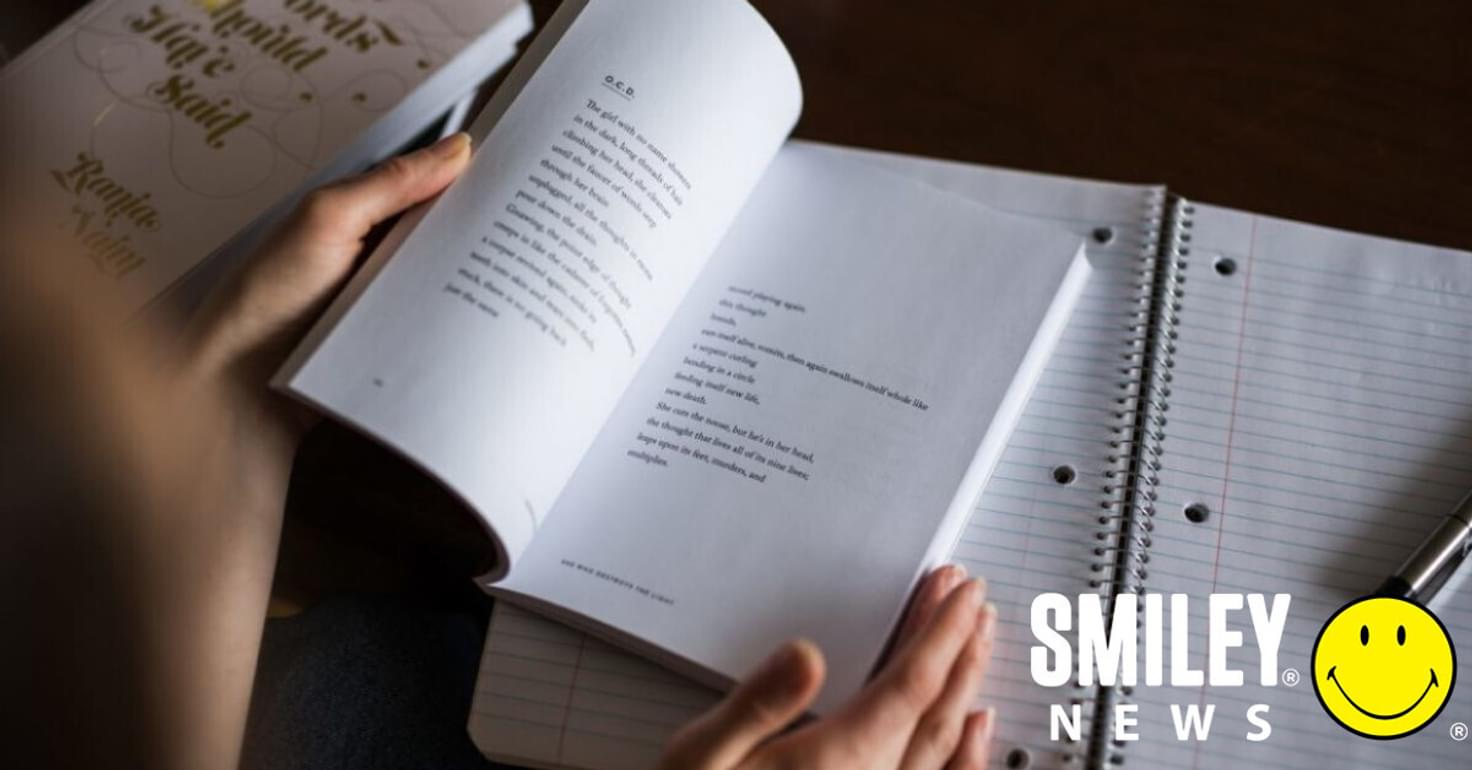
Words by Smiley Team
When I received an email from the Kurdish feminist writer and activist Houzan Mahmoud, asking if I would speak at the first conference on sexual violence against women and girls to be held in Iraqi Kurdistan, I could barely contain my excitement.
Mahmoud, a campaigner for Kurdish and Iraqi women’s rights – “honour” killings, the rape and abduction of women in Iraq and the imposition of Islamic sharia law are among the areas she tackles – was supporting the Sofia Society, a group of roughly 40 young feminists.
Kurdish women have engaged in armed resistance for decades, and were instrumental in the demise of Saddam Hussein.
Notwithstanding the proud history of resistance to totalitarian regimes, the conference, held in the city of Sulaymaniyah, was a brave move. Of the 300 delegates who packed the auditorium, two-thirds were women; the front row was taken up by male government ministers, including the deputy prime minister, Qubad Talabani. Sofia’s founder, Lanja Khawe, opened the event.
I had met Khawe the day before to discuss logistics. She was clearly upset when she arrived at the cafe, explaining that one of the speakers, a senior academic, had pulled out because of the “direction of the event”.
“They think we are whores because we are feminists”, said Khawe. I had already heard some of the women in the group were scared of being targeted by men in so-called “honour” attacks after speaking out against male violence.
Khawe, a 26-year-old lawyer, has been an active feminist for a decade. She has worked with incarcerated sex trafficking victims, and provided pro-bono legal support to women on low incomes experiencing domestic violence.
In 2016, she founded the Sofia Society, primarily to promote literacy and raise awareness among women. In 2017, Sofia, active in a number of cities across Kurdistan, ran a social media campaign against sexual harassment , calling on women not to be afraid to share photos of themselves to combat the culture of abuse. The hashtag #Kurdistanwomenpower was used by hundreds of women.
Violence against women in Kurdistan is pandemic, but – I am told – there is little political will, even among senior women in the government, to address it. To maintain independence and freedom of expression, Sofia has chosen not to seek funding from the Kurdish government, political parties or international organisations. The conference was funded by donations.
Why was the conference timely? Although a couple of male delegates asked why “women’s issues” were being prioritised when Rojava was being bombed, many are aware that sexual violence is an everyday reality for women in the region, including as a weapon of war.
Both the Kurdistan regional government and the UN have poured money into initiatives to reduce sexual violence and honour killing. But the problem, according to figures from 2018, seems to be getting worse.
In the first 10 months of 2018, sexual violence against women in the Kurdistan region increased, both in public and private settings. A total of 91 women were killed, or killed themselves, and 203 women suffered serious injury through burns. Recorded sexal assault cases numbered 87, and well over 7,000 women disclosed that they had experienced physical violence by men. Legislation on violence against women is inadequate, as is the police response, so only a tiny minority of sexual violence survivors actually report to an official body.
The conference broke new ground. For the very first time in Kurdistan, the voices of survivors of sexual violence were heard publicly. As the gathering opened, a screen was erected in the corner of the stage behind which woman after woman, their voices distorted to protect their anonymity, told their stories. One spoke about enduring rape; she ended by saying: “This man is now in the government, he is a legislator, a lawmaker.”
I was there to speak about trafficking of women into the sex trade, which is rife across Iraq and through Kurdistan. There is little provision for the victims, and the one shelter for women rescued from pimping gangs has remained empty. Last year, a senior police officer in Sulaymaniyah gave a statement in which he claimed there were no brothels in the city, and no trafficking. As I told the audience, it took me only 10 minutes to find advertising for escort agencies and brothels only minutes from where the conference was being held.
Other presentations focused on domestic violence, femicide and sexual assault. Throughout, the speakers suggested potential remedies, such as new laws, deterrents and punishments for the perpetrators, and better support for the victims. “The shame and stigma should be where it belongs,” said Mahmoud, “on the men responsible and not the women.”
One question for me came from a member of the Iraqi Men’s Association. He appeared quite angered by my suggestion that men have no right to pay for sex and told me: “We have the right to practise sex. The wives are sexually uneducated. What are we supposed to do?”
The majority of comments from the audience were from men. As Khawe said: “We have a long way to go, but this is a great start.”
The next day, I met with Mahmoud and 30 Sophia members in a nearby restaurant to share ideas and contacts for further activism to end male violence. Khawe was jubilant but exhausted, throwing out suggestions to run girls groups in schools, and asking how best to approach sensitive topics with teachers.
I left Kurdistan feeling optimistic that this inspiring group of young women could become the future of feminism in the region.
As Khawe said: “We have a long way to go, but this is a great start.”
Original article by Julie Bindel - Source The Guardian
Photo on Unsplash.
To find out more about Bill & Melinda Gates Foundation and ways to get involved, visit their website.